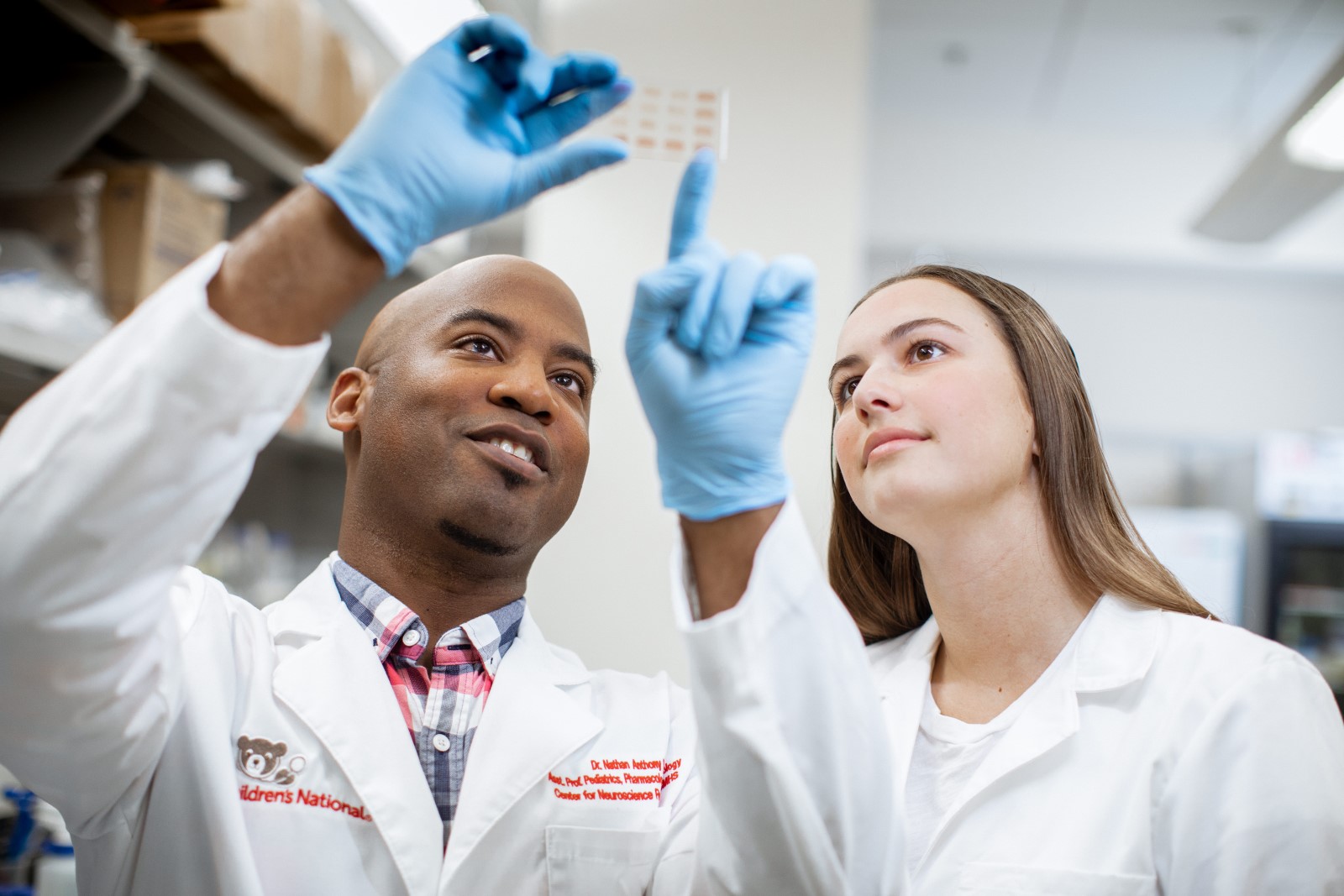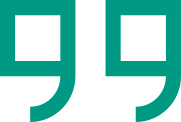Cardiology – Charles Berul, MD, & Paige Mass, Biomedical Engineer – $15,390
Purchase supplies to use in developing a prototype pacemaker pacing lead that can be attached without sutures to the external surface of the heart. The successful development of this lead would eliminate the need for an incision into the chest cavity which is currently the standard practice. The thoracic surgery is painful and requires several days in the hospital postoperatively.
Pediatric Hospitalist – Miriam Bloom, MD – $4,500
When a long-time patient passed away, her family directed donations to Children’s. They started “Lucy’s Lights” – which offers every child admitted to floor 7E, a choice of a nightlight or a string of lights. 610 lights were given out and they need more funding. They are asking for BOV funding for this year while they look for new funding
Child Life & Integrative Care Services – Erin Buck, Interim Manager, Volunteer Services – $30,000
Funding will help Dr. Bear’s Closet continue to provide essential patient/family services, consumable items, and equipment that will positively impact patients and families and improve their hospital experience. The grant will help expand the caregiver ambassador volunteer program as well as support additional caregiver coffee cart operations in the ER. The Family Resource Center Book Cart will be expanded along with programs and events. In addition, toys, games and activities for youth and teens will be purchased with funds.
Gastroenterology, Hepatology & Nutrition – Ellen Chaisson, Nurse Practitioner – $750
Funds to purchase 2 iPads to screen patients at the new Inflammatory Bowel Disease (IBD) Clinic to assess each patient’s quality of life and evaluate for food insecurity. Identifying poor quality of life and food security risk as early as possible will allow the Hospital to intervene with help quickly which can improve the patients’ medical outcomes and quality of life
Hospitalist Medicine – Anuradha Dayal, MD – $30,000
Funds to support a collaboration between clinicians in Hospitalist Medicine and engineers from the Sheikh Zayad Institute to develop a novel treatment for newborn babies born with clubfoot. The treatment called Babysteps is an innovative treatment capitalizing on cutting-edge technology to provide vulnerable infants and families with an easy method to gradually use serial plastic splints to correct a difficult condition. Similar to teeth correction products, such as Invisalign™; Babysteps will allow access to the top orthopedic team and treatment from anywhere in the world.
Center for Neuroscience Research – Terry Dean, MD – $29,282
Sleep and circadian rhythms govern nearly all of the body’s physiologic processes. This research will seek to discover the functioning of the newly discovered NG2- glia cell of the brain that senses injury, migrates towards it and gives rise to multiple cell types that can aide in recovery. It is integral to understand the interplay of circadian rhythms and sleep in NG2-glia cell functions to determine optimal sleep-wake times for a patient’s recovery. By manipulating the sleep patterns of mice they will study the role of circadian rhythm and sleep and the NG2-glia cell in the brains ability to heal. We would purchase the equipment needed to manipulate the circadian rhythm in mice.
Sheikh Zayed Institute for Pediatric Surgical Innovation – Avinash Eranki – $32,000
Rhabdomyosarcoma is the most common soft tissue sarcoma in children and currently has a less than 20% 5-year survival rate. Funds will be used to research a promising non-invasive therapy that combines immunotherapy with focused high-intensity ultrasound energy to destroy targeted tumors.
Clinical Resource Management – Margie Farmer-Simpson, Manager, Ambulatory Case Management (Sasha Houston) – $11,312
Provide funds to purchase the portable ventilator most often prescribed for our patients that will be used in the Sim-Lab to prepare families to care for their tracheostomy and/or ventilator dependent child at home. And for funds to publish educational manuals in English and in Spanish. Simulation education prior to discharge is shown to reduce the number of readmissions and optimize clinical outcomes.
ECMO & VAD – Guillermo Herrera, Program Manager – $ 30,059
Funds to purchase the EigenFlow ECMO and VAD simulator for simulation education. ECMO and VAD are utilized during severe, life-threatening illnesses when patients have experienced cardiac and/or respiratory failure. EigenFlow will enable them to create real-life scenarios evaluating competence and providing exposure to emergencies and events to minimize errors and increase skills in various situations. All NICU, CICU and PICU Nurses, Residents, Respiratory therapists, ECMO specialists, all first year fellows across all ICU units, ECMO Transport and ICU Attending will receive training quarterly, bi-annually or annually.
Hematology /Therapeutic Apheresis – Cyril Jacquot, MD – $12,500
Funds to purchase a VeinViewer. This will be used in patients with a wide variety of diseases who need to undergo apheresis. This process removes the patient’s blood, then separates, removes, or alters various components before replacing it back into the patient. These patients often undergo multiple needle sticks in order to find a suitable vein for the procedure. The VeinViewer will aid in finding a usable vein before the venipuncture.
Neonatology – Panagiotis Kratimenos, MD – $20,020
Funds will be used to better understand brain injuries in preemies. The study will specifically look at the reasons for cerebellar injuries and eventually translate this knowledge into the development of therapeutic interventions in human newborns.
Cardiology – Anita Krishnan, MD – $13,800
Funds to develop a fetal telemedicine outreach program to rural areas of southern Maryland and southern Virginia to increase the prenatal detection rates of critical congenital heart disease (CHD) in these regions. By increasing rapid diagnosis, providing counseling services, and selecting delivery centers close to tertiary care centers, families of babies with CHD should have better opportunities for the safe delivery of these babies and improved outcomes after delivery.
Pulmonary – Casey Lawless, Psychology Postdoctoral Fellow – $2,000
Funding will support the purchase of coping/distraction supplies, development of patient and staff educational materials along with the development and implementation of a CEU-accredited staff training session. The goal is to improve staff knowledge and confidence in implementing evidence-based pain management strategies and coaching parents. Ultimately these coping procedures should reduce patient and family-reported anxiety, pain, and distress and in turn reduce procedure refusals.
Psychology – Melissa Liggett, PhD – $3,384
Concerned that premature infants have long stays – and not enough social interaction, NICUs around the country are implementing reading programs to provide more stimulation. Funds will be used to purchase books for the NICU – “Clifford’s Bedtime “ and “ Big Box for Ben” will be given to each premature baby in the NICU.
Cardiology – Jeffrey Moak, MD – $21,711
Provide funds to support a study for a new, non-pharmaceutical approach to the treatment patients suffering from postural orthostatic tachycardia. The funding would be used for the purchase and modification of transcutaneous electrical nerve stimulation units and for statistical analysis of the results.
Psychology – Lilia Mucka, Psychologist – $1,437
Funds to purchase 3 iPads with covers and software for the Psychology-Psychiatry PANS/PANDAS Clinic to use during intake. The iPads and associated software would allow families to electronically complete a Child Behavior Checklist using a HIPPA secure system that eliminates the need for date entry by hospital staff. The results of the Child Behavior Checklist would be used towards a treatment.
Heart and Kidney Unit – Mary Mullenholz, Clinical Instructor – $6,375
Funding is to purchase Brady Buggy Wagons for the Heart and Kidney Unit. These wagons have a clamp that can secure an IV pole to the wagon, which would allow patients to move about the unit and the hospital more freely. This will hopefully increase the quality of life during the patient stay at the hospital. Heart and Kidney wants patients to continue to be kids and can do so with these fun, colorful wagons.
Cardiology – Laura Oliviere, MD – $25,000
In complex congenital heart defect cases surgeons implant vascular grafts to bypass narrowed blood vessels or an entire chambers of the heart. Due to variability of human anatomy, it is impossible to use standardized grafts so surgeons rely on intuition and experience to redesign grafts while operating. Funds will be used to purchase a flow meter and compliance chamber to better design patient-specific vascular grafts prior to operations.
Sheikh Zayed Institute – Justin Opfermann, MD – $5,266
Funds to purchase a silicon injection molding machine, air compressor, and table stand so that Sheikh Zayed Institute can produce prototype soft, rubberized medical devices that can be sterilized and used with patients at CN. The initial projects will produce vascular grafts for use by the Cardiology Department and 3D computer molds of blood vessels so that trainees and fellows in cardiac surgery can practice skills such as cutting and suturing.
Cardiac Surgery – Syed Peer, MD – $20,804
Funds to develop a mechanical device to provide CPR for babies and children while they are being transitioned to ECMO during a cardio event. The device would have a touch screen for easy and accurate control and would provide feedback to care providers to individualize the compressions for best results. Having a mechanical device to do the CPR chest compressions on babies and children would eliminate the number of people in the treatment room and would also standardize the compressions to ensure they are given properly. There is a device like this for adults, but it does not provide any feedback and is too large and strong for use on babies and children.
Sheikh Zayed Institute, Heart Institute – Nikki Posnack, PhD – $16,365
Congenital heart disease affects about 1% of all babies born in this country – survival rates have increased, as well as the need for medication. Despite this need, most medications are focused on adults and as a result, children are often treated with at least 1 off-label medication. The opportunity exists at Children’s to use live cardiac tissue slides to study how to better treat pediatric heart patients as they mature. Funds to purchase a vibratome and microelectrode array plate which are necessary to produce these slides.
Children’s Ambulatory Surgery Center – Alice Soluri, RN – $8,000
Funds to purchase “Comfort Bears” to be given to patients undergoing surgery at the Children’s Ambulatory Surgery Center in Rockville. These bears can be used for comfort and therapeutic play during the surgical experience. This will help the child to understand what is happening and hopefully ease anxiety.
Psychiatry – Laura Willing, MD – $3,800
These funds would be used for two doctors to attend a 3-day training program on Cognitive Behavioral Therapy (CBT) for youths. In addition, the funds would allow Dr. Willing to purchase written materials and other supplies for a new group CBT program she has started at CH for children with anxiety disorders. Research has shown group CBT therapy for children with anxiety to be very promising and offers families an alternative to the sometimes months-long wait to see a psychiatrist one-on-one because of the shortage of available clinicians.
Total Awards – $343,755

Grants awarded by the Founders Auxiliary Board have inspired change and transformative advances in diverse areas of service throughout the hospital. Past awards have supported research, child wellness initiatives such as concussion prevention, immunizations, cutting-edge equipment and technology, pediatric surgical robots, professional development, and educational support.

